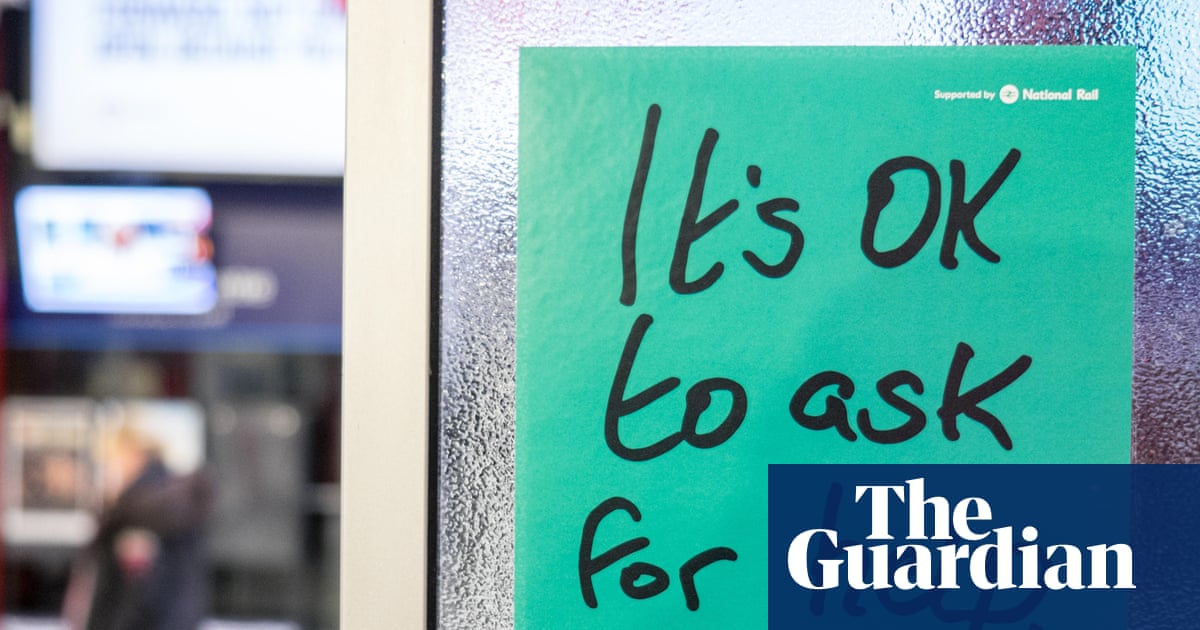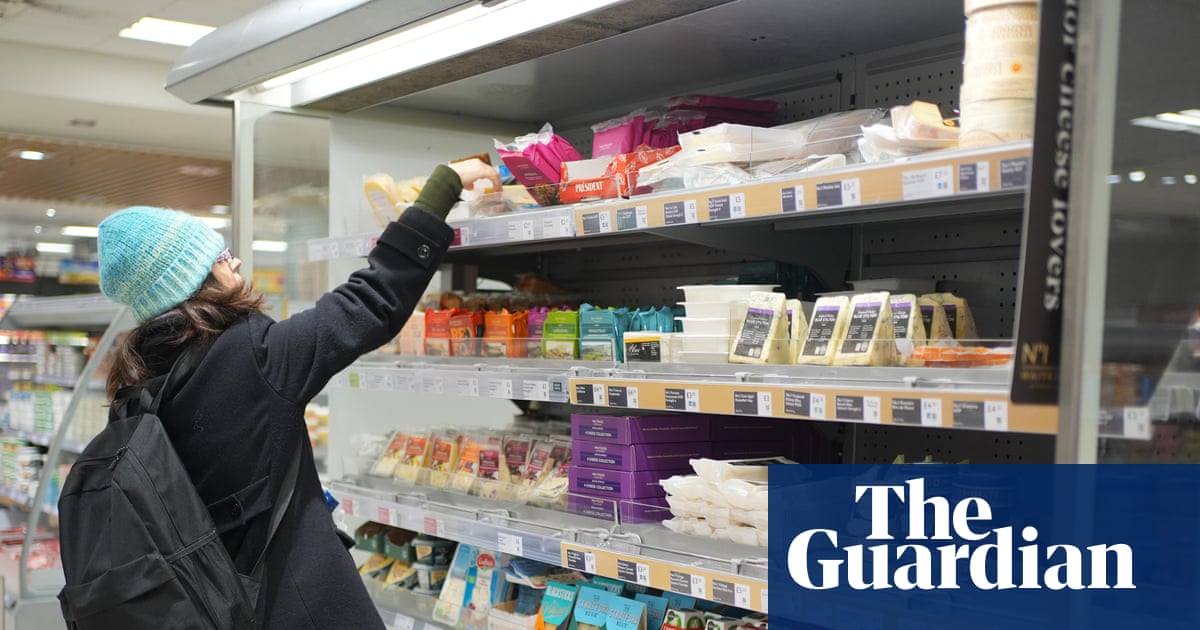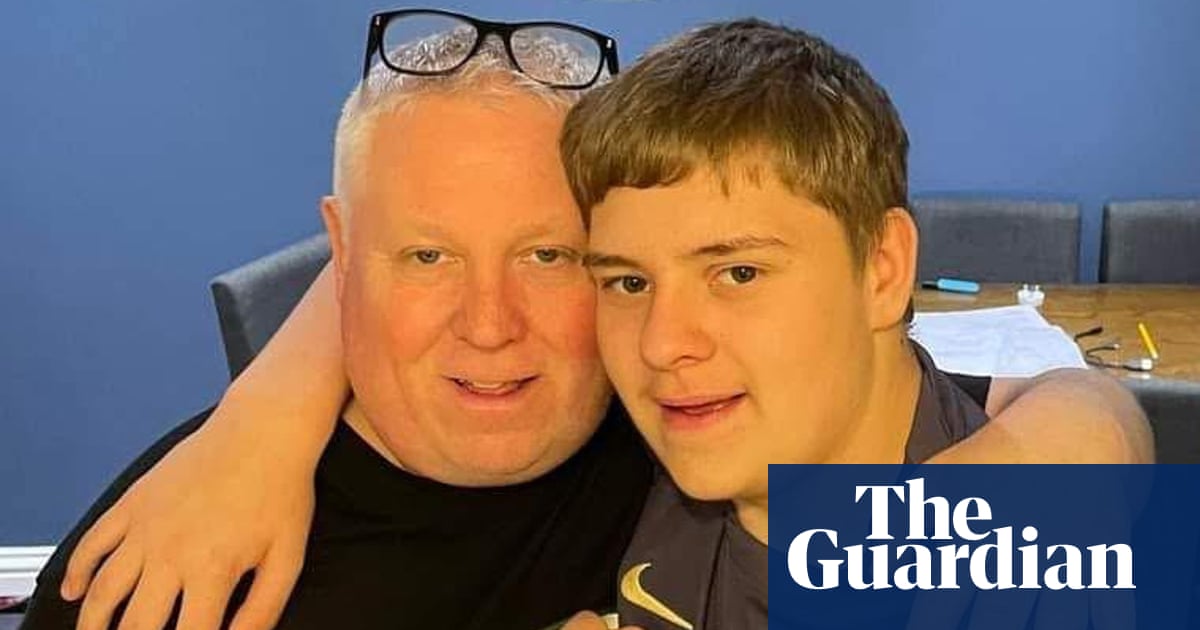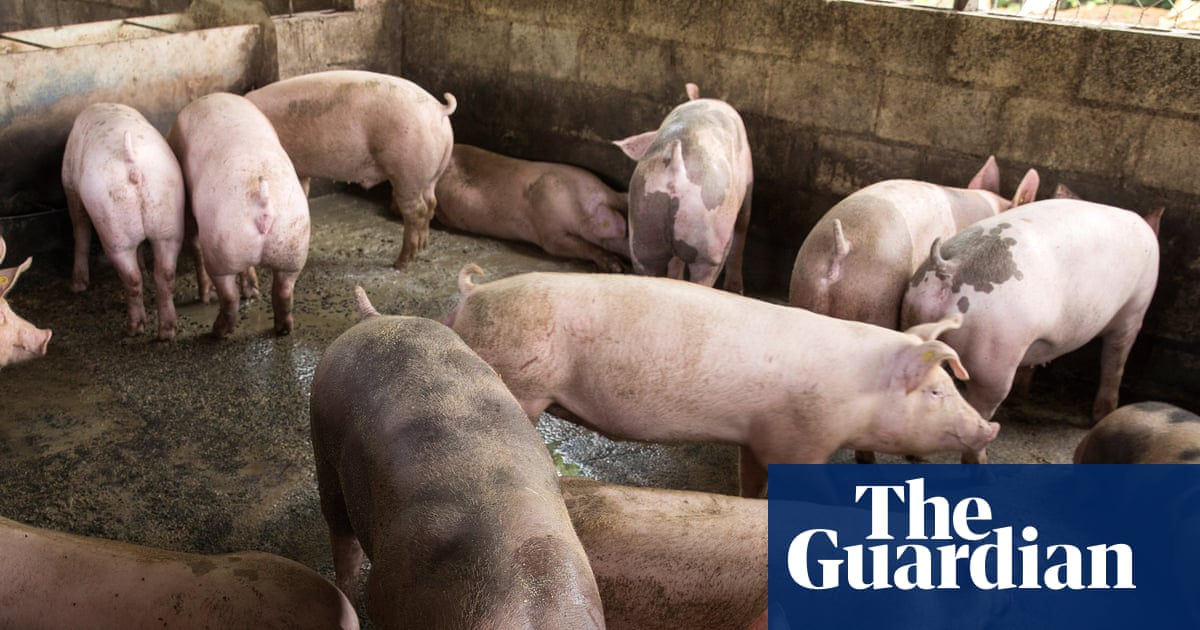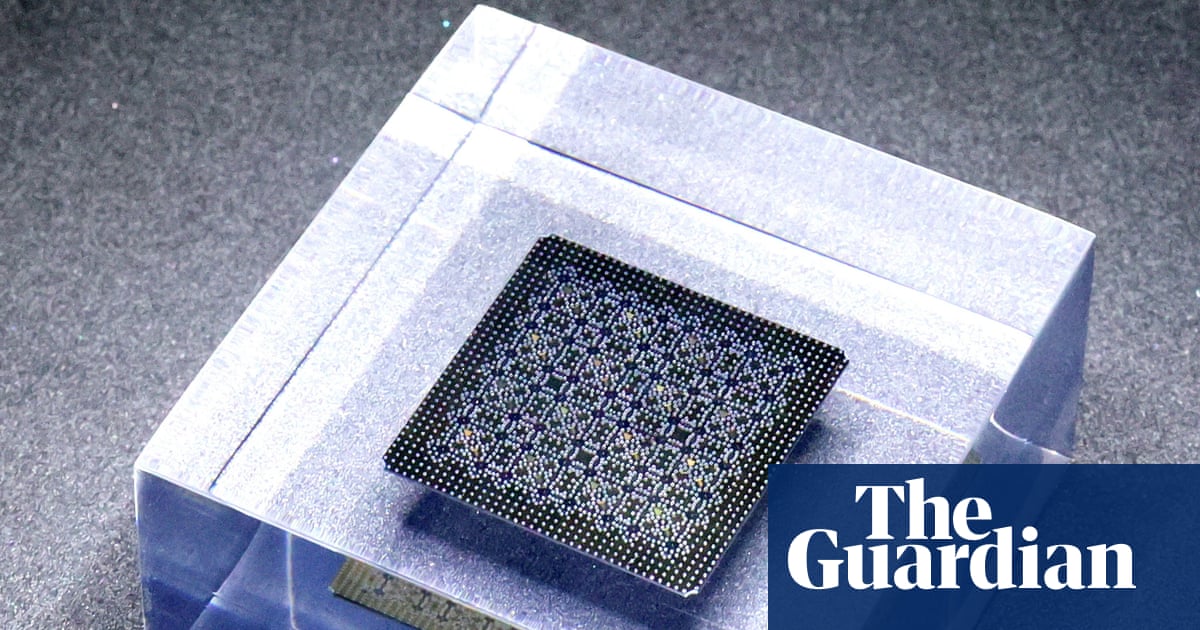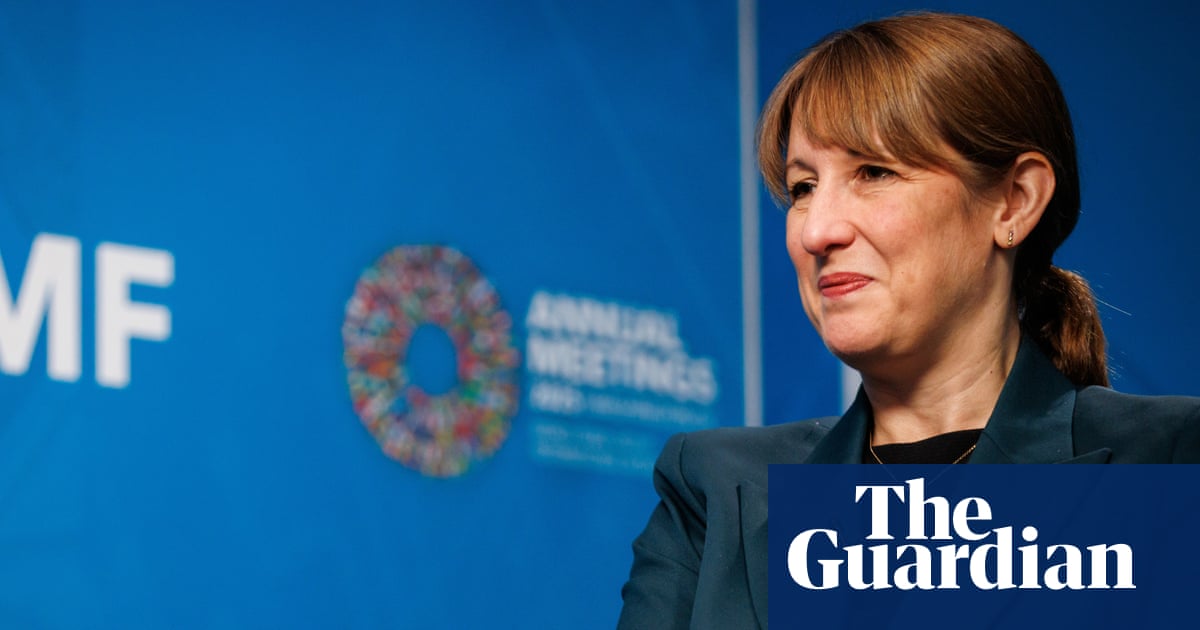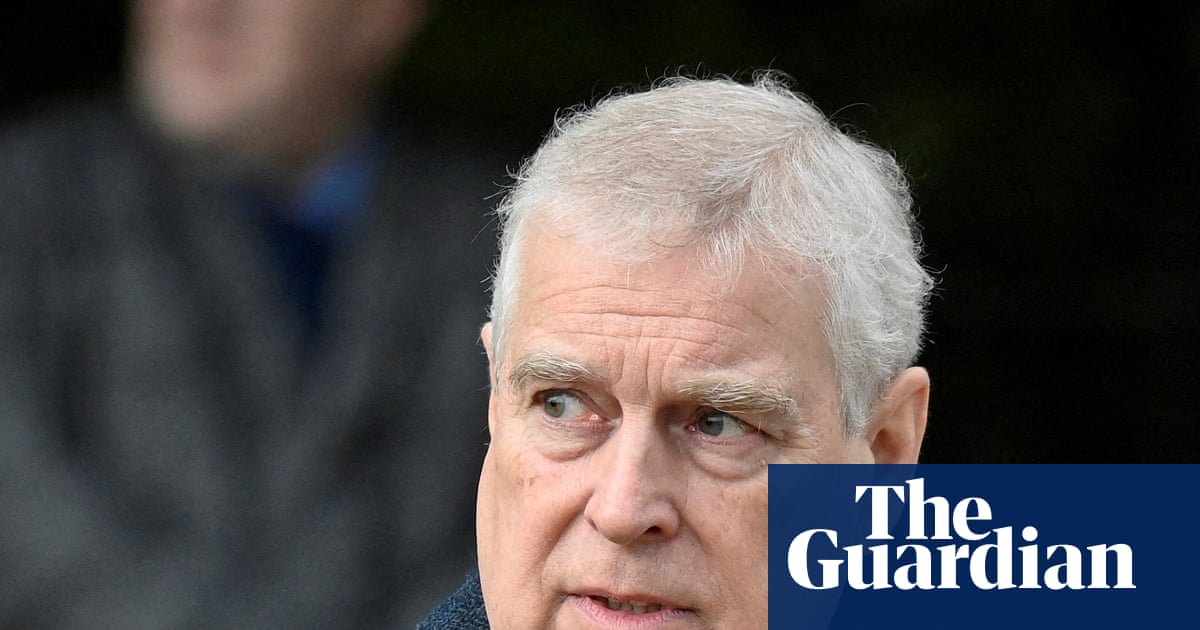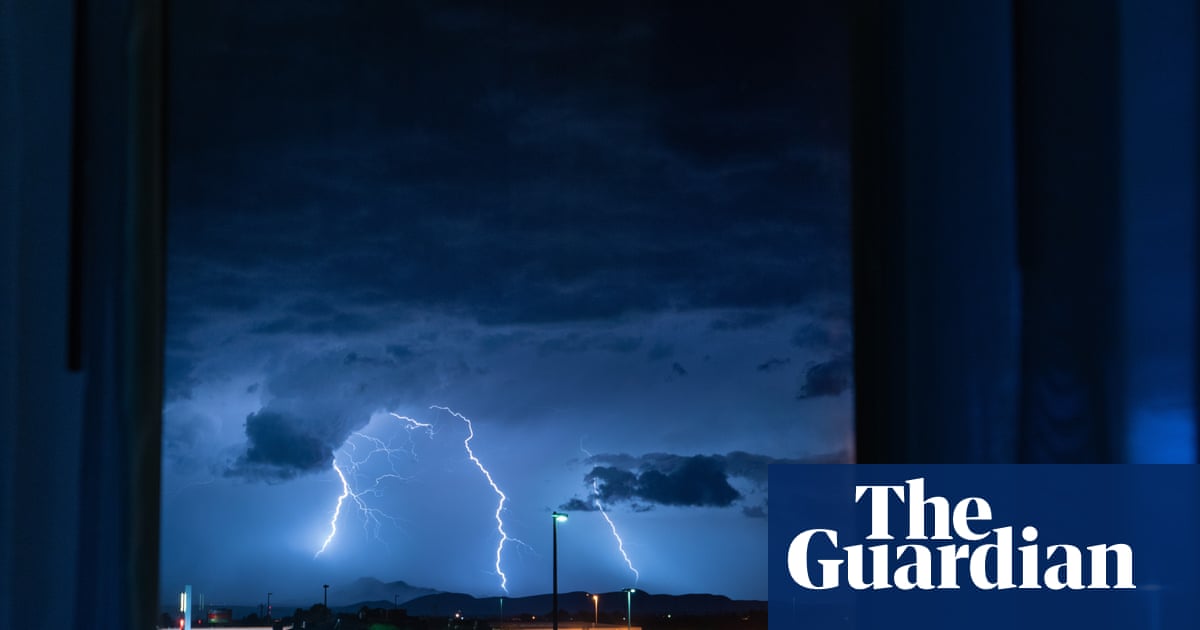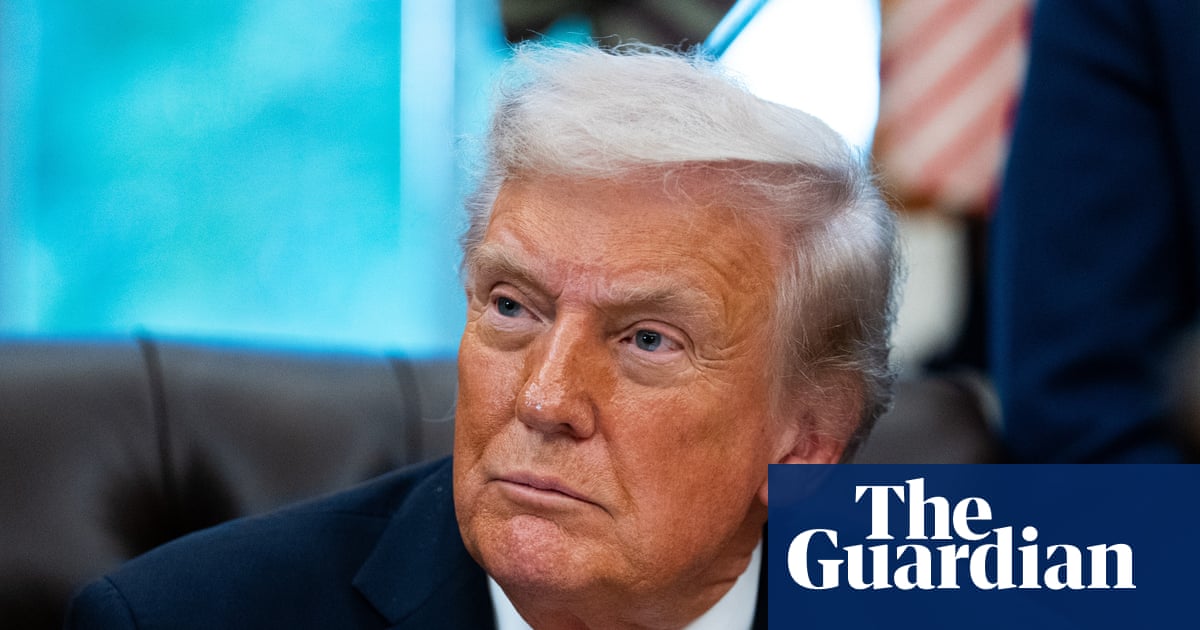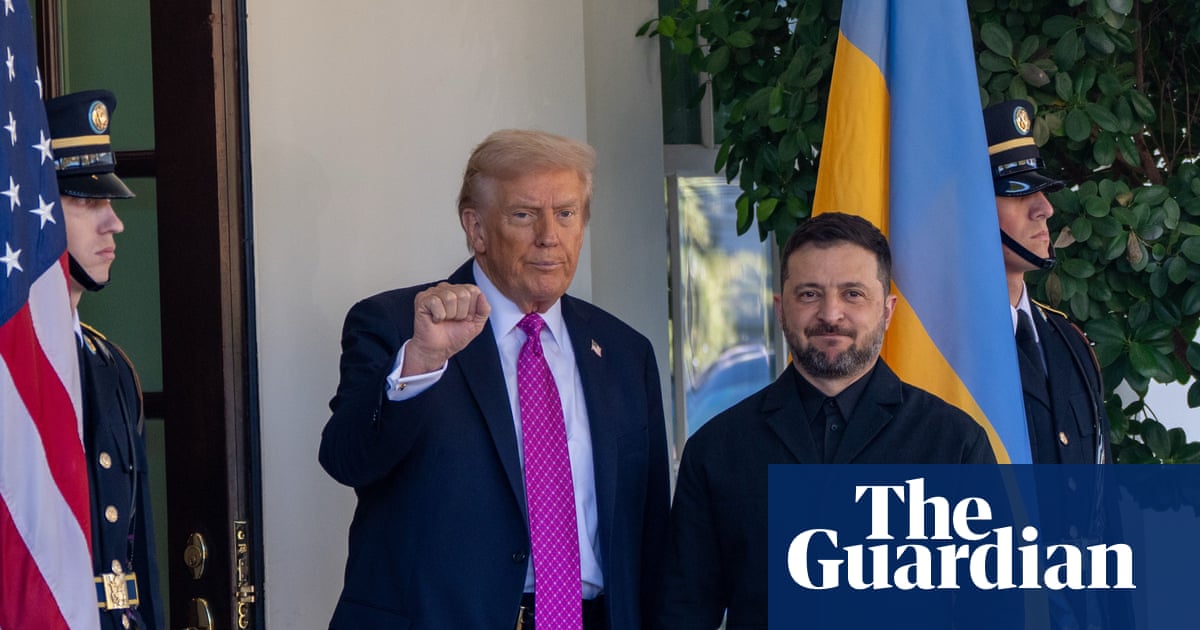Today marks a groundbreaking legal change that offers hope for children and survivors in family courts. The government has announced it will repeal the legal presumption in England and Wales that a parent has a right to involvement in their children’s lives.
Over the past decade, I have sat in courtrooms in a state of utter horror and disbelief as judges have ordered rape victims to hand over their child to the man who raped them. When my clients refused to comply with court orders, they were threatened with prison. In some cases, I have seen family courts remove children from a victim’s care and place them in the clutches of an abusive parent.
More than a decade ago, “fathers’ rights” campaigners lobbied to introduce a presumption of parental involvement in children’s lives. Domestic abuse charities warned this could have devastating consequences for children, and they were right. This presumption infected the culture of family courts and stalled progress in a legal system that lags far behind other institutions in how it responds to domestic abuse.
In June 2020, the Ministry of Justice published a report titled Assessing Risk of Harm to Children and Parents in Private Law Children Cases, which reviewed hundreds of submissions from parents and children in family courts. The report confirmed what we had all known for a very long time: there is a pro-contact culture in family courts, meaning it does not matter how dangerous or abusive a parent is – family courts will prioritise contact above safety. Five years ago, the report recommended an urgent review of the presumption of parental involvement. I shudder to imagine how many women and children have been harmed in the intervening years.
It is for that reason I established Right to Equality in 2022, with the sole purpose of removing the presumption of abusive parents having contact with their children. Kate Kniveton, a former MP, became an ambassador for our campaign after her experience in family courts. She was ordered to promote supervised child contact with her ex-husband, who was found by the family courts to have raped her and abused her. After a five-year legal battle, which she described so viscerally in her ITV documentary, Breaking the Silence: Kate’s Story, we secured an order preventing her ex-husband from having direct contact with his and Kniveton’s child.
Last May, I published He Said, She Said: Truth, Trauma and the Struggle for Justice in Family Court, a book exposing how family court judges and social workers too often fail to recognise domestic abuse. I recount examples of judges dismissing abuse as “just a bit of DV” or claiming: “She didn’t want it or enjoy it, but it’s still not rape.” Until judges receive mandatory specialist training on the realities of domestic abuse, there will be no meaningful cultural shift within family courts. Misogyny remains deeply embedded within the judiciary, just as it is across society and within almost every profession.
It has been five long years since the Ministry of Justice published its report, but it has finally committed to repealing outdated legislation that a parent’s right to see their child was worth more than a child’s right to safety. In its new report, Review of the Presumption of Parental Involvement, it states: “Courts were ordering direct contact between children and parents who caused, or posed a risk of, harm to their child.”
What happens now to the children and survivors who have suffered miscarriages of justice because of a law that harmed rather than protected them? Until this year, family courts had been largely closed to the media, with strict restrictions preventing victims from talking about their cases. Until we have a public inquiry, we will never truly uncover decades of state-sanctioned harm perpetrated in secret.
Claire Throssell’s two sons, Paul and Jack, were killed by their father after he was granted access to the boys by the family court. The judge remained on the bench – no disciplinary hearing, no public accountability, no acknowledgment of the harm caused. Protected by the secrecy of family courts, the judge’s name is still unknown. This legal reform is the result of Throssell’s decade-long fight to protect other children from the same fate. For that, I will always be grateful to her, and to every family court survivor who refused to be silenced. This monumental change should be known as Jack and Paul’s Law.
-
Charlotte Proudman is an award-winning barrister specialising in violence against women and girls and a research associate at the University of Cambridge

.png) 5 hours ago
4
5 hours ago
4



